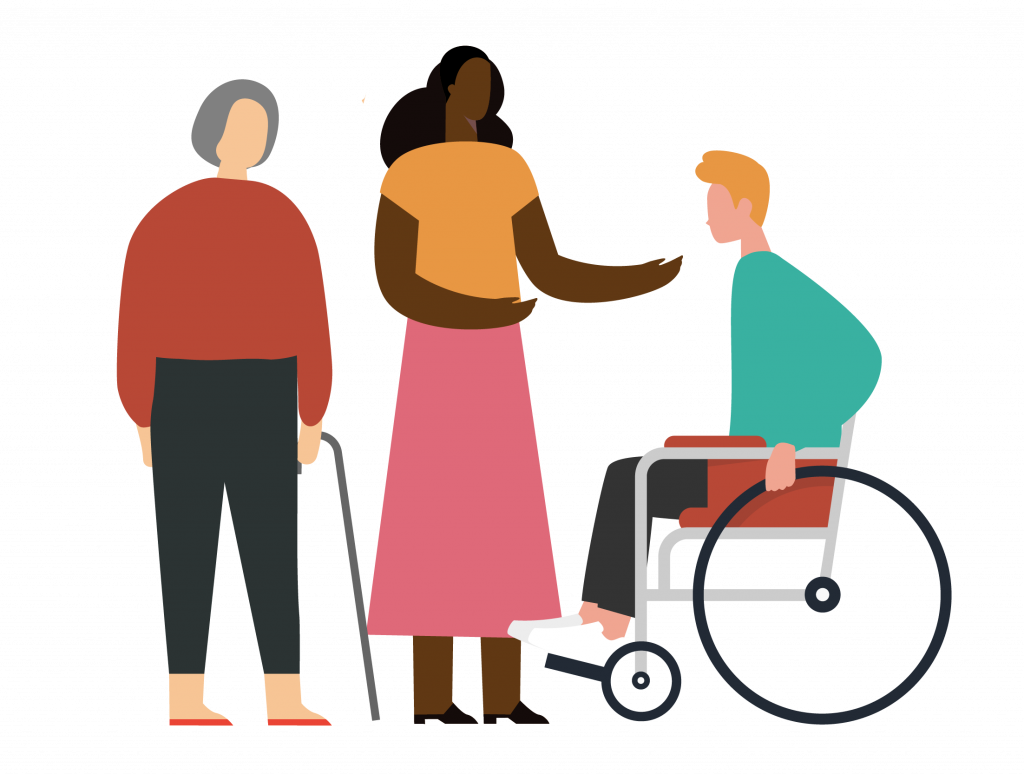Hearing from victims and survivors of domestic abuse is integral to the work of the Domestic Abuse Commissioner, helping to ensure her recommendations for change are led by the lived reality of people subject to domestic abuse.
That’s why the first priority of the Domestic Abuse Commissioner’s strategic plan is to stand with and for victims and survivors of domestic abuse.
When the voices of those who have lived through and who have been subjected to domestic abuse are centred and listened to, services and agencies can improve their response so that all victims and survivors get the support and protection they need.

Our principles of survivor engagement
There is no “us and them”. Every workplace will be home to many survivors of domestic abuse. Victims and survivors are professionals and vice versa.
There is no one voice to represent victims and survivors – there are as many types of victims and survivors as there are people.
Not all voices are heard equally and those with platforms and microphones should actively seek to amplify those that are less likely to be heard.
Victims and survivors are free to share as much or as little as they choose. People subject to domestic abuse can tell us what they want to see change without having to explain and repeat their story.
Engagement does not only mean consultation. Victims and survivors should have the space to influence what matters to them, not just comment on what matters to organisations.

